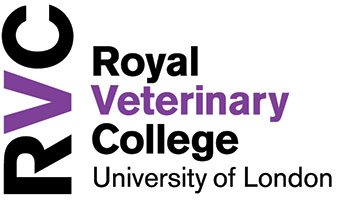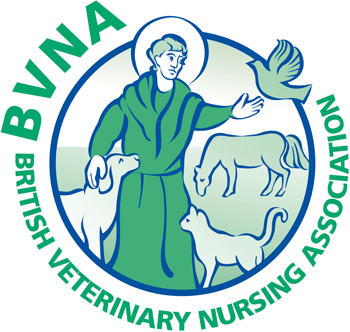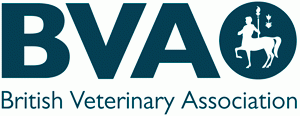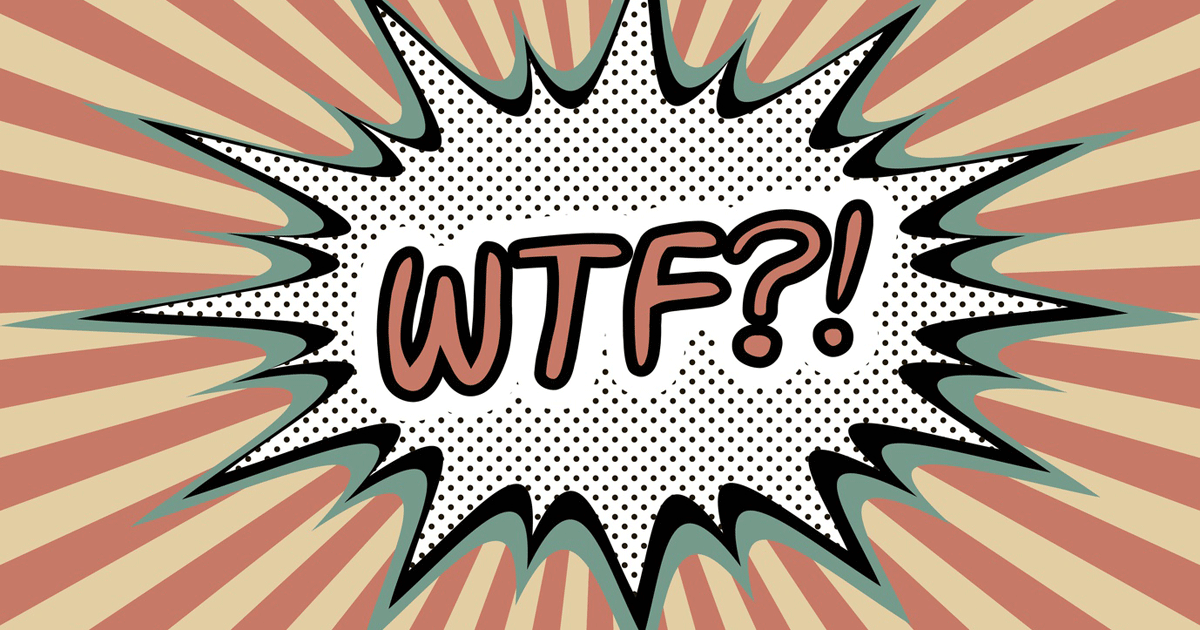We love an abbreviation in the veterinary world. CBA, RTA, TTA – just hopefully not all on the same patient, or all at the same time.
To laypeople, medical notes must seem like another language. Therefore, it’s no surprise, when said laypeople request access to their records, that these notes rarely hold the answer.
So you have to wonder – do acronyms and initialisms sometimes reduce our understanding of the words or phrases they replace? And is the same true of our understanding of commonly used veterinary abbreviations?
Too much?
I often hear of people asking for advice, and being recommended the RCVS, BVNA and VDS all in the same breath. Sure, this could just be a covering all bases, but could it actually be a lack of understanding of what the veterinary associations do? After all, while they can all help, they are different, and therefore better suited depending on the situation.
To help, I thought I’d compile a simple list of the most familiar veterinary association initialisms and what they mean. Think of it as an easy guide for those new to the profession, or those not sure what support is out there.
RCVS – the Royal College of Veterinary Surgeons
 The RCVS (or “the college”) is our regulatory body. It oversees the register for RVNs and MRCVS’ as well as ensuring we keep to the code of conduct. Regulatory bodies exist in many professions, their main role being to supervise actions in their designated field, as to protect the public.
The RCVS (or “the college”) is our regulatory body. It oversees the register for RVNs and MRCVS’ as well as ensuring we keep to the code of conduct. Regulatory bodies exist in many professions, their main role being to supervise actions in their designated field, as to protect the public.
At the RCVS, we have the fab professional conduct department, which can be contacted for advice on raising concerns. It can also give advice on matters of conduct.
It can feel daunting to contact the RCVS, sure, but they can be really useful, helping you understand if your concern is something to act on or not.
If the issue is about employment law or legal or financial matters outside of the remit of the code of conduct, however, the RCVS cannot help as it cannot comment on these matters.
Call them if: you are worried about the conduct of a vet or vet nurse.
- For more information, visit the college’s website.
- For more on the RCVS’ disciplinary procedure, visit the RCVS “concerns” page.
RVC – Royal Veterinary College
 I’ve slipped this in here as so many people mix up the RVC and the RCVS. They might both have the word ”royal” in their title, but they’re two very different places.
I’ve slipped this in here as so many people mix up the RVC and the RCVS. They might both have the word ”royal” in their title, but they’re two very different places.
The RVC is a veterinary school based in London and is a college of the University of London. It provides degree courses for vets and vet nurses and research into veterinary science. It also has a referral hospital and out of hours (OOH) services.
Call them if: you need to refer a patient to the hospital or are interested in studying with them.
- For more information, visit the RVC website.
BVNA – British Veterinary Nursing Association
 The BVNA is an organisation for vet nurses in the UK. Being a representative body, it is one that discusses and stands up for the views and needs of its members. You therefore need to be a member to put forward your views, and use their services.
The BVNA is an organisation for vet nurses in the UK. Being a representative body, it is one that discusses and stands up for the views and needs of its members. You therefore need to be a member to put forward your views, and use their services.
In some other professions, membership of its representative body is included with indemnity insurance – it’s a different approach, but not necessarily better.
Where the BVNA is often cited for advice is for the members’ advisory service. This telephone line can help with employment law and financial and legal issues from any area, not just veterinary.
The BVNA also provides CPD through a regional network and a national congress.
Call them if: you are a member and need advice, or are interested in some CPD.
- For more information, visit the BVNA website.
VDS – Veterinary Defence Society
 Before I get into the main vet associations, it’s worth stating what the VDS does for their members, and that’s the providing of indemnity insurance. This is an insurance that provides you with support for any disciplinary issues where you may be called to defend yourself in front of the RCVS’ disciplinary committee.
Before I get into the main vet associations, it’s worth stating what the VDS does for their members, and that’s the providing of indemnity insurance. This is an insurance that provides you with support for any disciplinary issues where you may be called to defend yourself in front of the RCVS’ disciplinary committee.
The VDS provides cover for vets, vet nurses and practices. If you are a locum, it’s best to check with each practice what cover they have. Alternatively, you can get your own.
It is worth noting the VDS does not cover legal claims for work carried out outside of the code of conduct, as they provide cover for activities regulated by the RCVS. Therefore if you carry out work such as dog walking or pet sitting, you will need professional insurance for that separately.
Call them if: you are a member and receive a letter from the RCVS regarding a disciplinary matter or need advice on what issues they cover.
- For more information, visit the VDS website.
BVA – British Veterinary Association
 The BVA is the vets’ representative association, so is similar to the BVNA. Again, in the UK, you don’t have to be a member, but there are numerous benefits to joining. There is a legal helpline and CPD, again provided on regional and national levels.
The BVA is the vets’ representative association, so is similar to the BVNA. Again, in the UK, you don’t have to be a member, but there are numerous benefits to joining. There is a legal helpline and CPD, again provided on regional and national levels.
Call them if: you are a vet member and need access to support and advice.
- For more information, visit the BVA website.
BSAVA – British Small Animal Veterinary Association
 You’ll probably know this acronym best from the annual BSAVA Congress in April each year. The association offers advice and support, but is mainly known for their CPD, which is provided via the congress, regional meetings and numerous publications.
You’ll probably know this acronym best from the annual BSAVA Congress in April each year. The association offers advice and support, but is mainly known for their CPD, which is provided via the congress, regional meetings and numerous publications.
Call them if: you want some CPD.
- For more information, visit the BSAVA website.

Leave a Reply